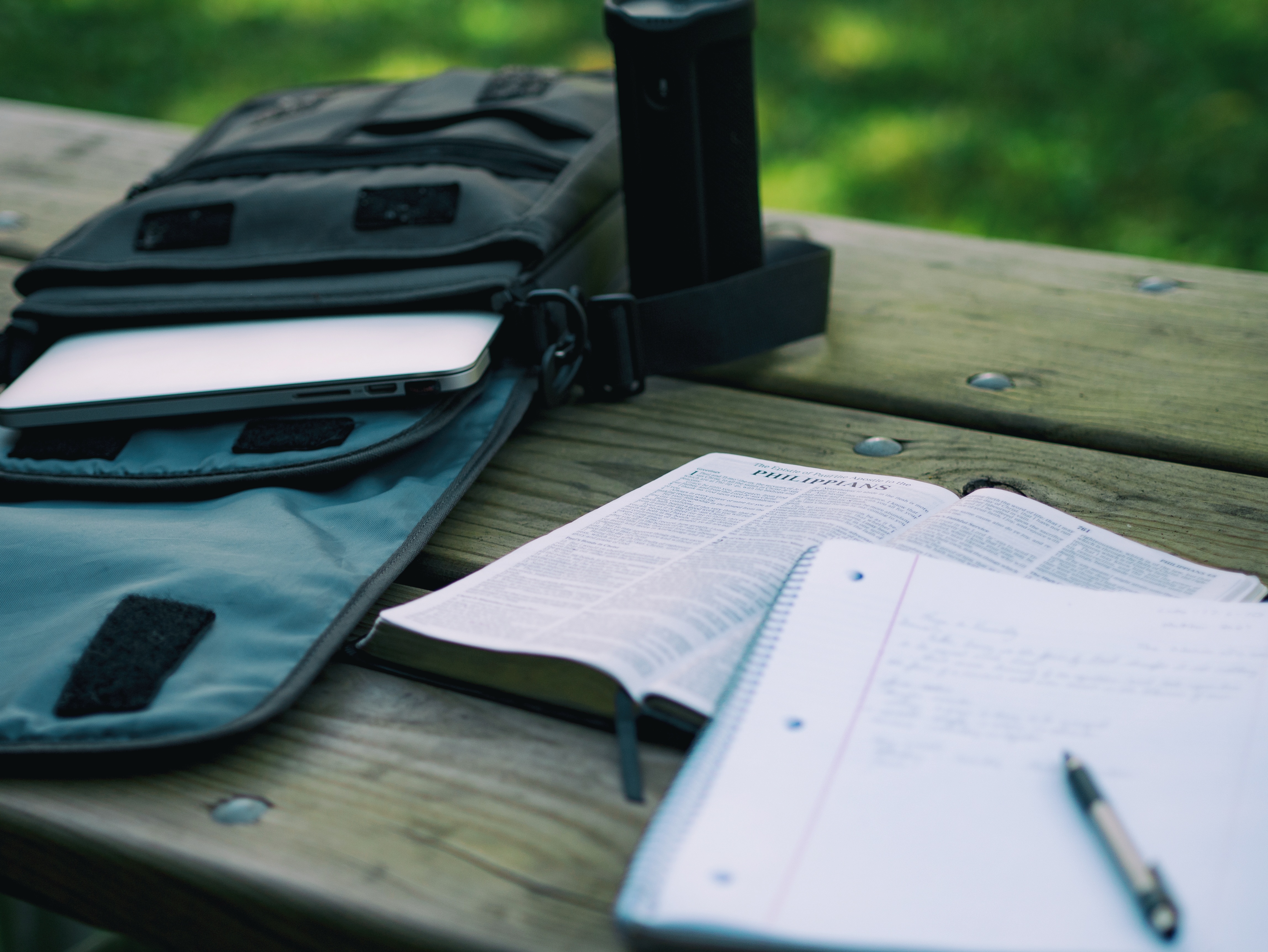
Reducing Stress Before, During, and After a Big Test
 Anyone who has taken a big test, and most of us have, knows that there can be a lot of emotional and mental highs and lows involved throughout the process. Preparing for, taking, and recuperating from a challenging test can all feel quite different and present unique stresses. You may experience difficulties such as exhaustion, irritability, stomach butterflies, or over or under-eating, among other symptoms and markers of academic stress. Here are a few suggestions on how to reduce your level of stress and anxiety and take good care of yourself before, during, and after you have taken a test.
Anyone who has taken a big test, and most of us have, knows that there can be a lot of emotional and mental highs and lows involved throughout the process. Preparing for, taking, and recuperating from a challenging test can all feel quite different and present unique stresses. You may experience difficulties such as exhaustion, irritability, stomach butterflies, or over or under-eating, among other symptoms and markers of academic stress. Here are a few suggestions on how to reduce your level of stress and anxiety and take good care of yourself before, during, and after you have taken a test.
1. Before the Test: Move Around
The time leading up to a test can be exciting, rigorous, and trying on the nerves. If you tend to get anxious, procrastinate, be a perfectionist, or if you have a difficult memory of a traumatic experience from a previous test, studying can become overwhelming. While your main responsibility before a test is to prepare academically, staying physically active can really help to reduce your stress and keep you feeling level-headed. Because a lot of studying occurs sitting down, moving around is a great remedy for your stagnant blood flow and stiff muscles. US News reminds us in an article on test-stress that, “blood carries oxygen, and your brain must have oxygen to work properly while you review.”
Sweating it out at a sports practice, pick-up game, private dance party, jump rope session, or invigorating workout removes toxins from your body and revitalizes your senses. If you have a hard time remembering to exercise while you are studying, set a timer. Moving around and away from a study area and giving your mind some time to rest can bring a sense of release as well as perspective; you’ll re-center in your physical body remember that there is a world outside of the test.
Also remember to get plenty of sleep and eat healthy foods before a test. Cincinnati Public Schools offers a test de-stressing guide that suggests you, “eat plenty of protein, fruits, vegetables, and whole grains. They can help you think clearer, study better, and perform better on any kind of test.”
2. During the Test: Pause and Breathe
Slowing down and breathing slowly and deeply is an excellent way to, again, increase the level of oxygen flowing to your brain and also to de-stress before your test. Just as exercise helps you to let go of mental tension and concentrate more on bodily experiences and sensations, breathing helps you to come into the moment and be fully present for the challenge ahead.
When we are tense, we clench up our bodies and rush through life, seeking to complete the next task. It can be hard to choose to pause, but a few deep breaths before beginning a test, when you need a short writing or typing break, before making a final check of your work, and after you’ve turned in the test, can make a powerful positive impact on your state of mind and well-being. If you enjoy visualization, you may also want to take a few minutes before the test to close your eyes and imagine yourself taking the test and excelling. Aim to do your best and also keep in mind that your value is not determined by this one test; you are a worthy and wonderful person regardless of how it turns out.
Be sure to listen to your body during these pauses, too. Do you need to use the bathroom, stretch, drink water, or rest your eyes by closing them for a few moments? Just a couple of moments of rest can often settle your nerves and save you time and energy in the long run.
3. After the Test: Let Go
Congratulations, you are done! Once the test is over, pat yourself on the back and find a new, fun, and stress-free activity to engage in. Even if it didn’t go as you’d envisioned to some degree or in some way, which is not uncommon, you’re done now and you deserve a break. Treat yourself to some rest and relaxation. Spend some quality time with your pets and/or siblings or friends. Play a video game, watch a movie, or go to a concert. Scholastic recommends that you think positively and try not to obsessively review all the material from the test once it is done in order to evaluate your performance—“Look over your notes or a textbook quickly to see if you got that borderline question correct, and then store those notes until you get the test back.”
If you find academic stress overwhelming, share your feelings with a trusted family member, teacher, friend, counselor, or mentor. Test-stress is completely normal and no matter how important a test, quiz, or exam is, your health and well-being are always the highest priority.
Written by Julia Travers
Contact us today to learn more about how our tutors and Academic Coaches can help reduce your child’s stress and anxiety!
Tag:stress



